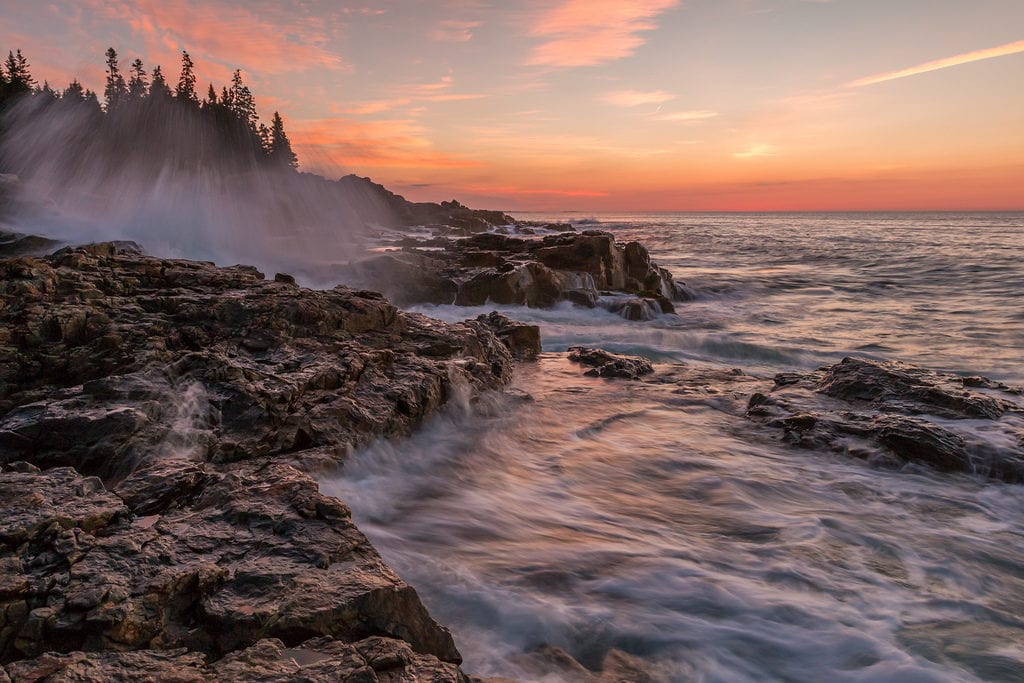
Yesterday I joined over 100 individuals and organizations to speak in support of LD 797, An Act To Limit Greenhouse Gas Pollution and Effectively Use Maine’s Natural Resources, sponsored by Representative Ralph Tucker of Brunswick. LD 797 would direct Maine’s Department of Environmental Protection (DEP) to create a clear road for state action to reduce greenhouse gas emissions. Specifically, the bill would direct DEP to develop economic pathways for achieving updated, science-based emission levels, and would modernize Maine’s existing Climate Action Plan.
LD 797 would:
- Require 80% carbon pollution reduction in Maine by 2050, in line with where climate scientists say we need to be to reduce the greatest harms of climate change.
- Set interim reduction targets for 2030 and 2040 to be sure Maine stays on track.
- Establish an inclusive stakeholder process to develop a new Climate Action Plan for Maine with cost-effective strategies that benefit all Maine people.
- Encourage the use of “natural solutions” such as carbon sequestration in our forests and soils, to the additional benefit of forest-dwelling wildlife and agriculture.
I shared with the Committee that climate is the most significant threat to Maine’s wildlife and wildlife habitat. Under a “business as usual” scenario, Maine’s northern spruce, fir and maple forests would retreat to the Canadian border, and the range of associated wildlife such as moose, lynx, and American marten would be dramatically reduced. Rising sea level would have a devastating effect on tidal marshes that support abundant populations of waterfowl and shorebirds, while rare species such as least terns and piping plovers that inhabit Maine’s beaches would also see major habitat changes from more frequent and severe storm events.
I was heartened by the number and diversity of people that joined Maine Audubon in support of this bill. Students from the Camden High School Environmental Club shared that they are stood “with a generation of students around the world . . . who are moving to action.” Folks from the lobster industry and agricultural community share the impacts a warming climate will have on their industry.
Bill opponents lamented that the bill did not specifically outline how various sectors and industries might be asked to contribute to reducing emissions. While we appreciate their concerns, we are confident that the inclusive stakeholder process will develop a plan that will respond to industry challenges, for example, while challenging us all to do our part.
Maine people know that we need to do something about climate change. Today, low-carbon solutions like solar energy offer major opportunities for our state. LD 797 will create a clear roadmap for how to put those solutions to work, while creating jobs and protecting the health of Maine people and our treasured wildlife.
Thank you to the Maine Audubon members and supporters who came to Augusta yesterday or otherwise shared their support for this bill. Continue to stay in touch with us to learn how you can help turn this bill into law.
Top photo: Maine Coast by Ilirjan Rrumbullaku / Flickr / http://www.irrphotography.com/
